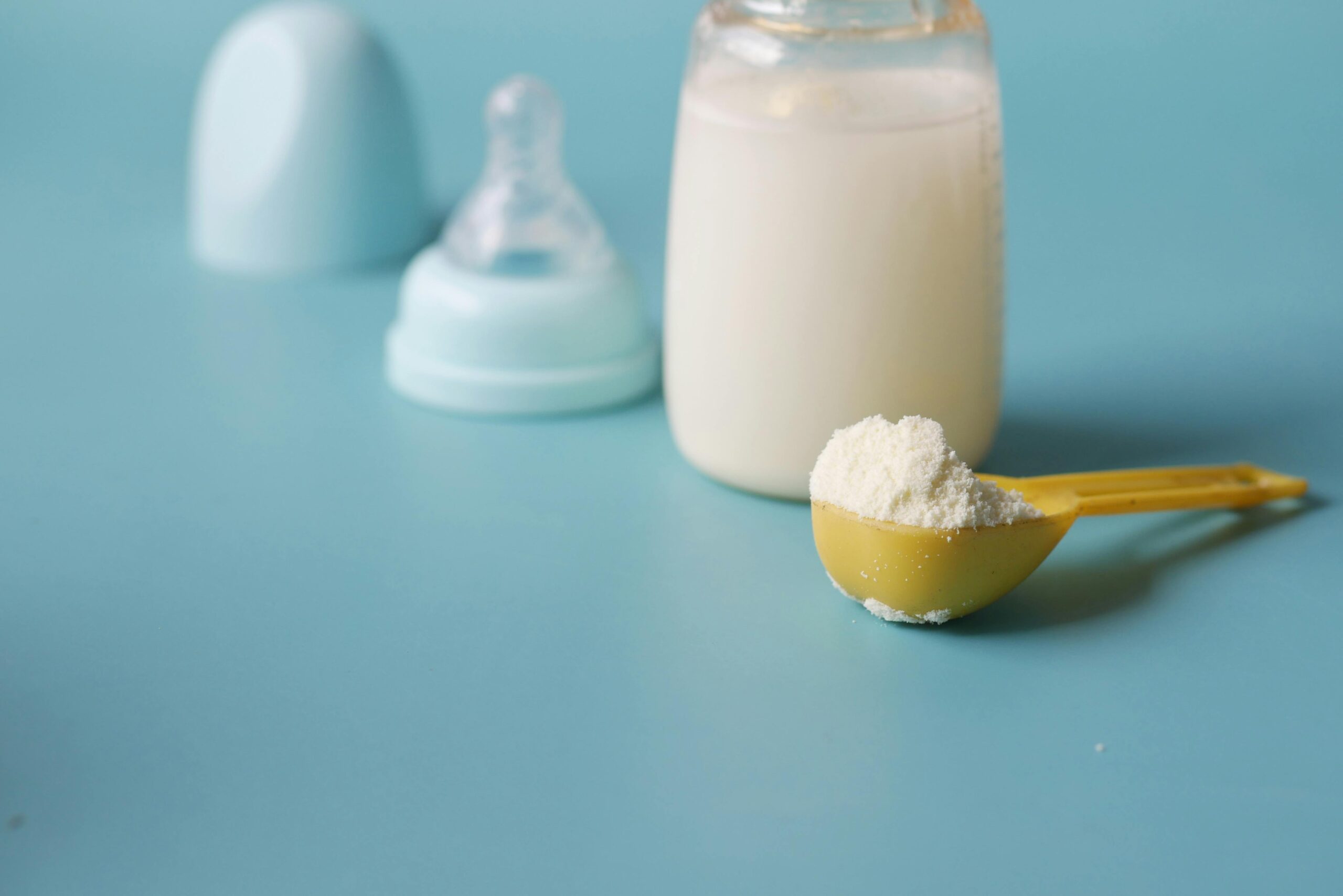When it comes to feeding babies, there’s no shortage of opinions on the best method. For new parents, the decision can be overwhelming: Should you breastfeed or opt for formula feeding? While breastfeeding is often promoted as the ideal choice, formula feeding has come a long way in terms of nutrition and safety. So, is formula feeding good or bad for your baby? Let’s break it down.
The Benefits of Formula Feeding
1. Convenience and Flexibility
Formula feeding offers flexibility that breastfeeding doesn’t. Parents can bottle-feed their baby anytime, anywhere, without worrying about the need to pump or find a private space. This convenience can be especially beneficial for working parents or those with a busy schedule.
2. Nutritional Value
Modern infant formulas are designed to closely resemble breast milk in terms of essential nutrients, including protein, fats, vitamins, and minerals. Many formulas now come fortified with additional nutrients, such as DHA and ARA, which promote brain development and immune function. Formula provides a well-rounded, consistent nutritional profile that supports a baby’s growth.
3. Shared Responsibility
Formula feeding allows other family members, like fathers or grandparents, to take part in feeding the baby. This shared responsibility can foster bonding between the baby and other caregivers while also giving the mother a break and more time to rest or take care of herself.
4. Less Stress for Some Mothers
Some mothers face challenges with breastfeeding, such as low milk supply, painful nursing, or other health issues. For these mothers, formula feeding can remove the stress of trying to breastfeed and offer peace of mind knowing their baby is getting the necessary nutrients.
The Drawbacks of Formula Feeding
1. Lack of Antibodies
Breast milk contains antibodies that help protect babies from infections. While formula provides essential nutrients, it doesn’t have the same immune-boosting properties. This means formula-fed babies may be more susceptible to illnesses, particularly during their first few months when their immune systems are still developing.
2. Cost
One of the biggest disadvantages of formula feeding is the cost. High-quality formulas can be expensive, especially when your baby is consuming it regularly. Additionally, the price can add up over time, making it a significant financial commitment compared to breastfeeding, which is free (apart from any potential costs for breastfeeding accessories).
3. Preparation Time
Formula requires preparation—mixing it with water, ensuring the right temperature, and cleaning bottles. This can be time-consuming and inconvenient, particularly for parents who are tired or on-the-go. Some parents also worry about the cleanliness and safety of formula preparation, especially if bottles aren’t sterilized properly.
4. Risk of Overfeeding
When babies are formula-fed, it can sometimes be easier to overfeed them because formula is more calorie-dense than breast milk. This may lead to excessive weight gain, especially if parents rely too heavily on feeding schedules without paying attention to their baby’s hunger cues.
A Personal Decision
Ultimately, the choice between breastfeeding and formula feeding is a deeply personal one. Some parents might find breastfeeding to be the right choice for them, while others prefer the convenience and flexibility that formula feeding offers. Both methods are perfectly valid, and many babies thrive on either.
Health experts agree that while breast milk offers many benefits, formula feeding can be a safe, effective alternative when breastfeeding isn’t an option or when it’s not the preferred choice. Parents should feel empowered to choose the option that works best for their unique circumstances, knowing that both paths lead to healthy, happy babies.
Is formula feeding good or bad? The truth is, it’s neither inherently good nor bad—it’s a matter of context. The most important factor is that babies receive the right nutrition, love, and care, whether from a breast or a bottle. So, parents should feel confident in their feeding choices, without judgment or guilt. After all, the goal is the same: a happy, healthy baby.




